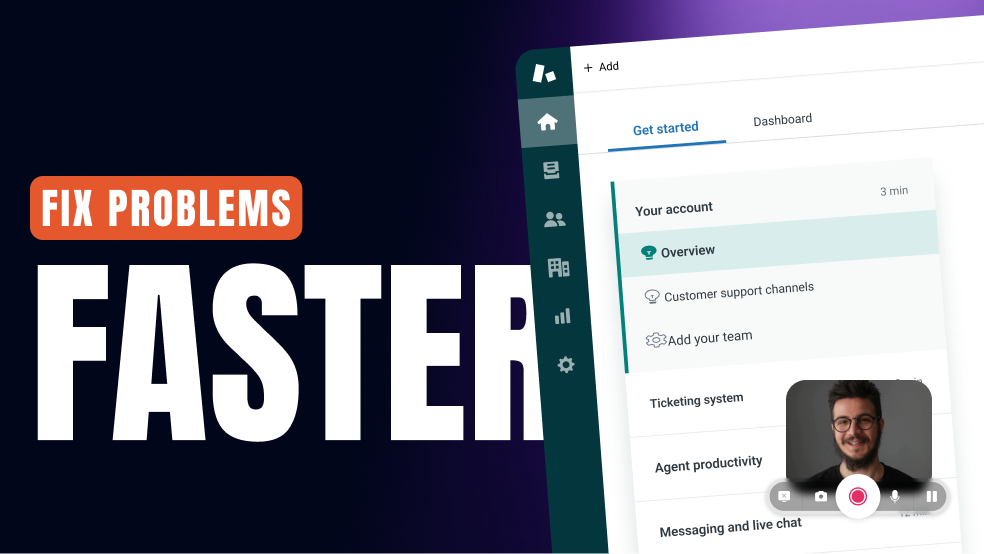An effective alternative: AI Voice Dubbing for audiobooks What if we told you there was another approach to creating audiobooks? One that takes a fraction of the time-weeks if not days, instead of months-and could be done for a fraction of the cost-hundreds of dollars instead of thousands? Introducing AI-enabled narration of audiobooks. All thanks to text to speech (TTS)—a technology that uses artificial intelligence and deep learning to turn written text into natural-sounding audio content that can be streamed or downloaded—it is now possible to create audiobooks at an affordable price and deliver an increasingly enjoyable experience for the listeners. With the improvement in TTS, synthetic voice has become less robotic and more human-like. As such, more people are warming up to the idea of creating audiobooks with this technology. TTS also has the ability to pick up on the nuances and emotional cues of the human voice needed for reading text in a compelling manner. Moreover, with TTS, it is relatively easy to create audio files clear of background noise and narrated audiobooks with almost perfect diction.
Benefits of TTS for AI audiobooks Using TTS for audiobooks has numerous advantages. Firstly, it saves you the time and expense of hiring a voice actor or narrator, producer, and audio editor. It also eliminates the need to rent a studio and invest in expensive recording equipment. Secondly, the user has the liberty to choose a voice of their choice. TTS offers several different voices spanning age, gender, and language. Depending on the software being used and the options available, an individual can choose the gender, language, and accent of the voice (or multiple voices) for their audiobook. Furthermore, TTS-powered audiobooks help dyslexics and other individuals with learning disabilities to keep up with their peers. Reading with TTS offers a more immersive experience. Besides, it’s not very difficult to create an audiobook with TTS. All you need is one of the best text-to-speech generators out there and a manuscript of the book you want to convert into an audiobook. And, presto, in a few simple steps, you have your audiobook ready.
Creating an audiobook with Wavel AI Wavel AI simplifies the process of creating captivating audiobooks. You can choose from the 250+ voices across 30+ languages and accents, a wide range of tonalities, and voice support customization options to create professional, natural-sounding, studio-quality audiobooks in minutes from the comfort of your homes. With Wavel AI ’s realistic AI voices, you can generate emotion-rich audiobook voiceovers in different accents as well as add finesse to your narration with different customization features like pitch, pause, emphasis, and pronunciation. For example, if you are creating business audiobooks, you might want to try Terrell’s deep, impactful, and inspirational voice. On the other hand, if you’re creating audiobooks for children, choose Natalie’s cheerful and enticing AI voice. Making audiobooks with Wavel AI is a simple five-step process: Upload Script. Start by uploading the script of your audiobook to Wavel AI ’s text editor. If you have an existing manuscript, simply copy-paste the text to the text box. Choose an AI voice. Wavel AI offers an extensive library of 130+ male and female voices in 20+ languages across different tonalities for you to choose from. You can also apply the ‘Audiobook’ filter to narrow down your voice options. Add depth. Use customization features offered by Wavel AI such as emphasis, pronunciation, pitch, speed, and more to edit, modify, and fine-tune your narration and add more depth to your storytelling. Include background music. As the next step, choose background music for your audiobook from Wavel AI ’s library of royalty-free music or upload your own music. Render. Click on the ‘build audio’ button to render the final audiobook voiceover. You can preview the final audio file before downloading the audiobook. Ta-da! Your AI generated audiobook is made in minutes. Go ahead and publish it on the distribution channel you prefer.



















; ?>.webp)
; ?>.webp) 4.5
4.5

; ?>.webp)



















